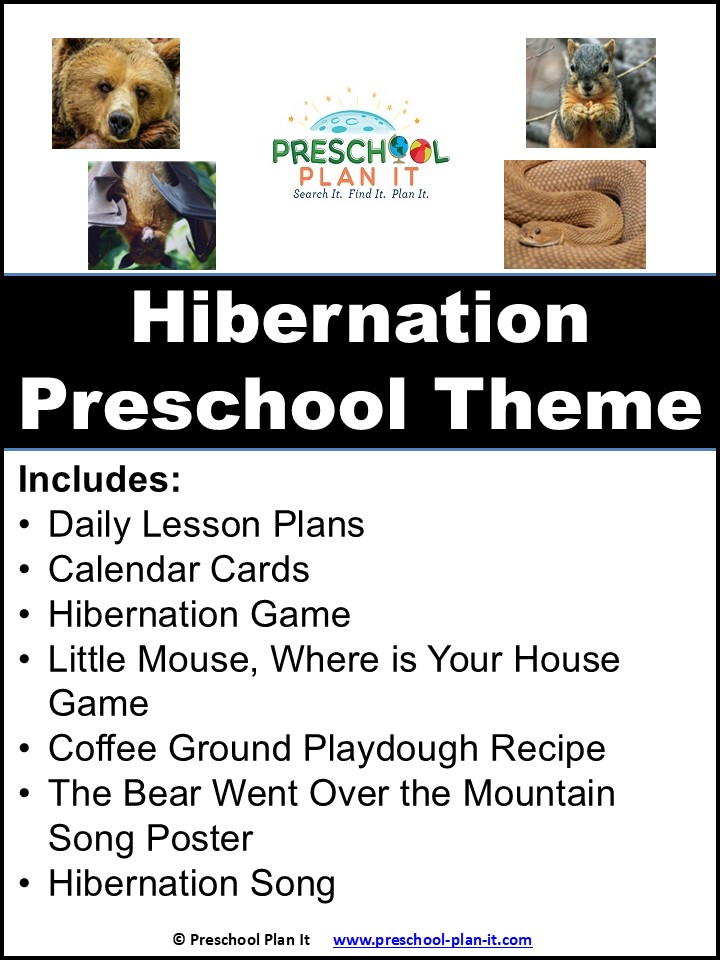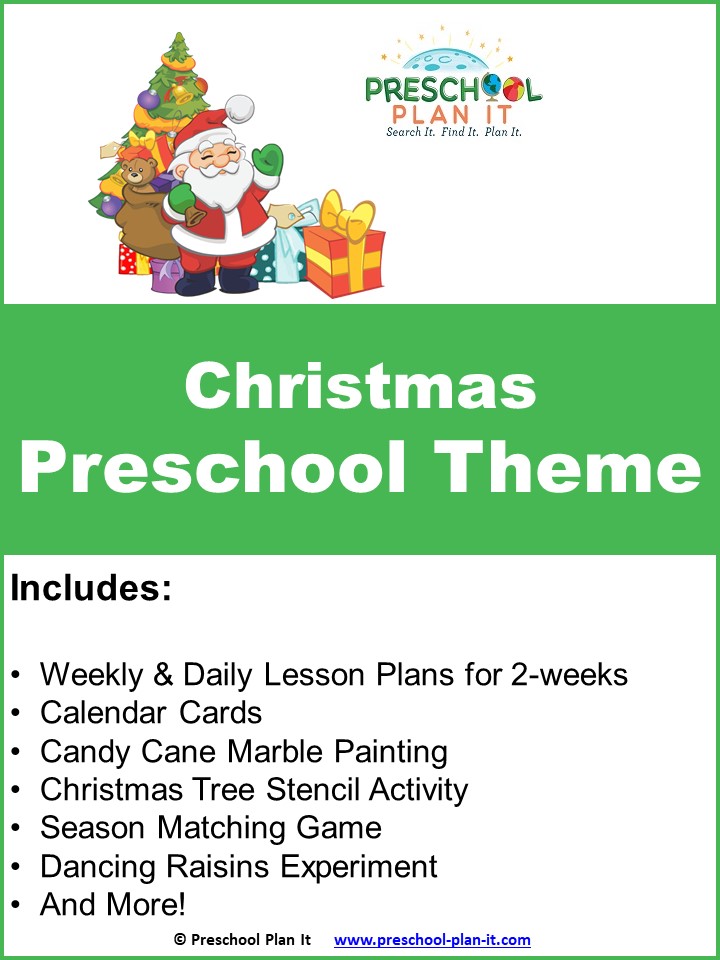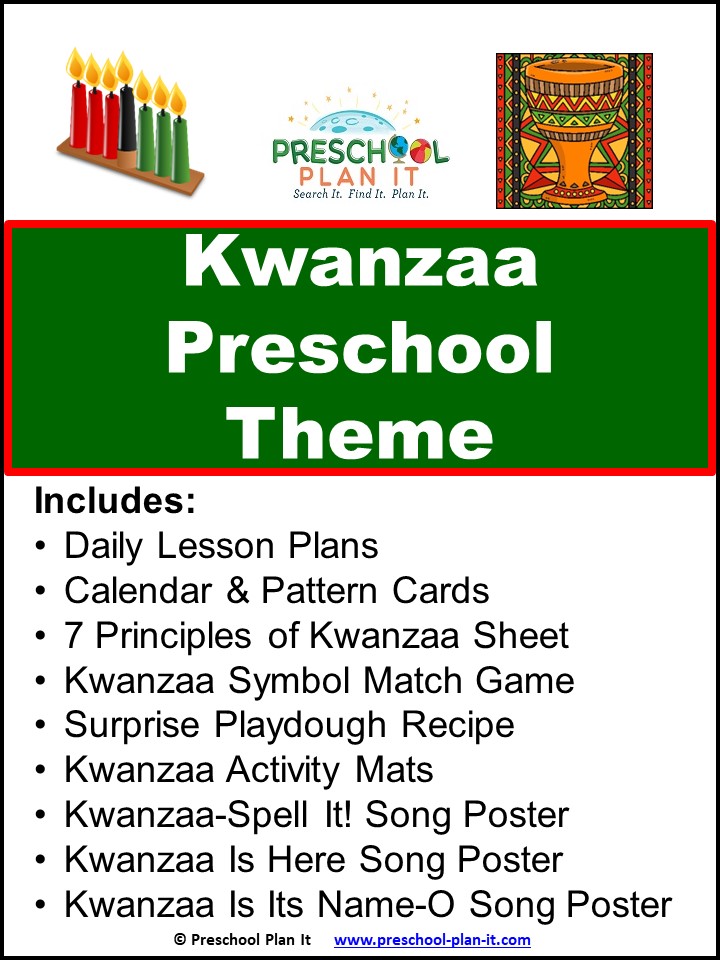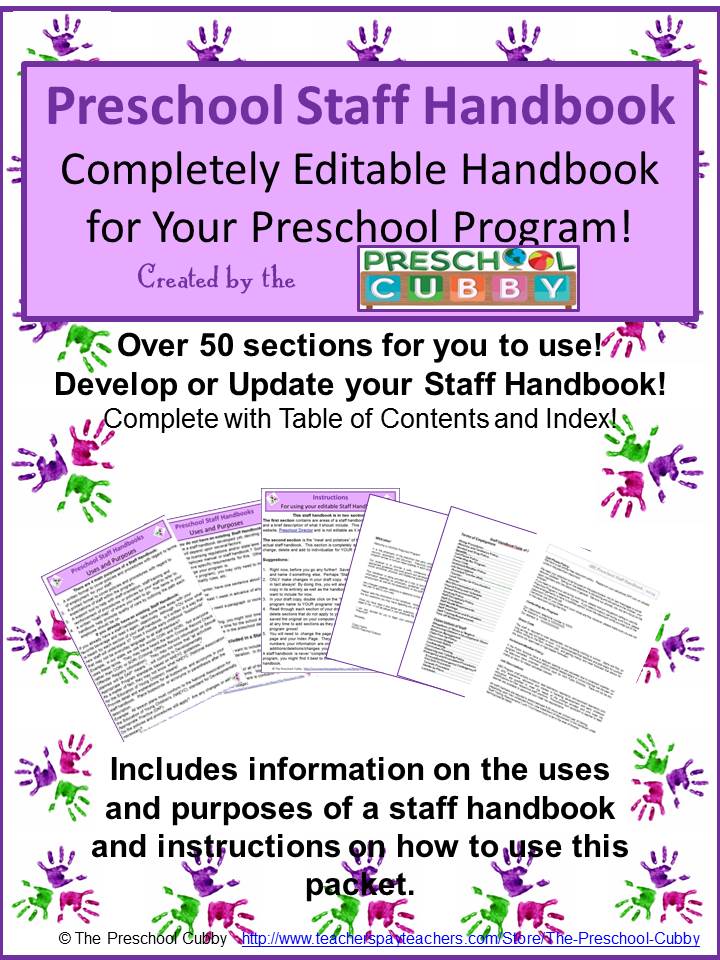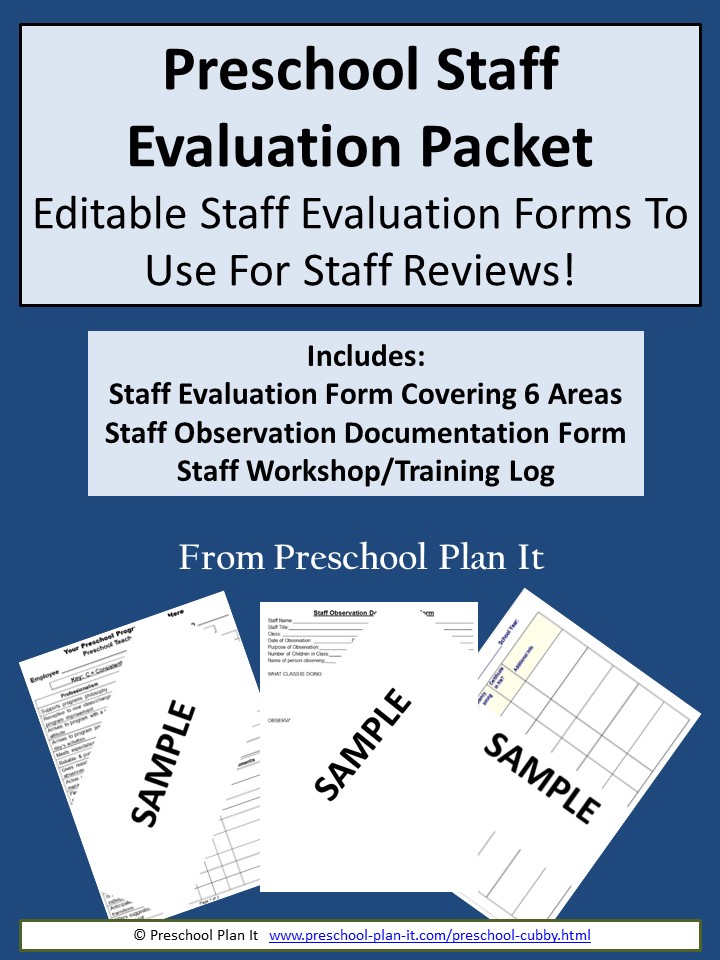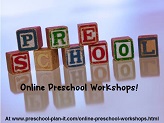- Theme Packs
- Themes
-
Preschool Planning
- Preschool Teachers

Holding A Child Back:
Pros and Cons of Retention Practices
Retention practices VS Social PromotionRetention practices in school districts vary. So do Social promotion practices. This is an age old debate. The pendulum has swung back and forth for decades and it is my opinion that it needs to stop.
What are the retention practices and what should we do at the preschool education level?
Considering all the OptionsKindergarten readiness should not be based solely on academic skills learned (i.e. letter and number recognition, counting and printing one's name).
We also need to equally consider important emotional skills in addition to cognitive skills that children develop in the preschool years, both at home and in preschool.
What Should We Do?
This is the big question you will receive from families in the spring of their child's prek year. "Do you think he/she is ready for kindergarten?"
There is very little evidence to support that children are more successful in kindergarten when they are older. Holding a child back has not proven to result in better social or academic outcomes.
Every child's experience in the first 5 years of life is different. Unfortunately, if one child's experiences are different from the majority of children entering the same school, that child is viewed by the school as "less ready" and retention practices may be put in place.
It is my belief that children should enter kindergarten based on the legal chronological entry age of the school district he or she is in. NAEYC (National Association for the Education of Young Children) has this same view.
In their Where We Stand on School Readiness publication, NAEYC states "Kindergarten entry should be based on age, not mastery of skills".
Kindergarten Cutoff DatesA cutoff date is the lowest entrance date for that year and is based on date of birth. Districts have their own set dates, therefore each family needs to check with their child's kindergarten district to determine the age.
Typically, it is later summer or early fall. Children who turn 5 years old by that date are eligible to enter kindergarten that year.
What is Readiness Testing or Screening?
They both refer to the same process. Many districts do not screen or test for entrance purposes. These districts have what might be called Kindergarten Orientation, Kindergarten Round-Up or other term. The purpose is to meet the children and determine which classroom would best fit their needs based on their learning style.
In other districts or states, screening/testing is held with the purpose of determining "readiness" for kindergarten.
As discussed earlier in this article, tests alone can not determine a child's readiness for kindergarten. If used at all, the test results should be considered in partnership with preschool teachers' input (preschool progress reports, notes, portfolios), parent input and, of course, input from any specialist the child has been working with (speech therapy, physical therapy, etc.).
One specific test is the most common entrance test for school districts. Unfortunately, many districts use the results of this test alone to institute retention practices. The test is called the Gesell Assessment.
Gesell Assessment
The Gesell assessment came from the work of Dr. Arnold Gesell who was a leader in the child psychology field. He was one of the first to study and break ground in early childhood development.
In their packets, The Gesell Institute clearly states that the Gesell assessment should not be used as a pass/fail determination for school entrance.
It states, "Gesell Assessments were never intended to be used as sole determinants for deciding whether a child has met school entrance requirements. Instead, they were developed to assist early childhood professionals in better identifying those children whose developmental level requires a more flexible program to meet their needs."
It further states..."Even if a child's Assessment results indicate "youngness" every child has earned the right to enter school once the child meets the established age criteria."
Click Here to go to the Gesell Institute Website
SummaryUnfortunately, some schools use this assessment as it was never intended: pass/fail; enter kindergarten or not enter kindergarten. That is unacceptable use of any screening.
NAEYC concurs. In their previously mentioned publication, they express their displeasure in the use of readiness tests to exclude children from school.
I agree. Testing at this age is a pet peeve of mine. Each child at this age is going to respond to testing differently due to the environment in which the testing is taking place, the test giver, the amount of time given (or not) for the child to become comfortable in the environment for the test, and the variables go on and on.
What Is Needed When Entering Kindergarten?
Great question! Then next article will discuss what teachers are looking for from day one in Kindergarten. The expectations of kindergarten teachers may surprise you!
CLICK HERE to go to the Kindergarten Readiness Skills Page Return to School Readiness Main Page from this Retention Practices Page
Return to Preschool Plan It HOME Page


Hey there! Welcome to Preschool Plan It! I’m Cheryl, a preschool teacher of over 20 years.
I KNOW, I know, you spend hours of time developing your preschool themes, activities and preschool lesson plans each week. You are commited to planning preschool themes and activities that are engaging hands-on, interactive, fun AND meet the goal of supporting each child’s level of growth and development.
I am commited to providing you, the preschool teacher, with everything you need to develop preschool lesson plans and preschool activities for your classroom all in one place!
READ MORE
Join My Free Preschool Teacher Tips Newsletter
You’ll receive a weekly email with planning tips and teaching ideas.
You'll also receive (on the 1st of each month) a free theme starter pack with some printables and activity ideas to get you started planning a theme!Join Now and Get Your First Theme Right Away!
© Copyright 2010-2025 Preschool-Plan-It.com | All Rights Reserved | Privacy Policy & Disclaimer
- Preschool Teachers




